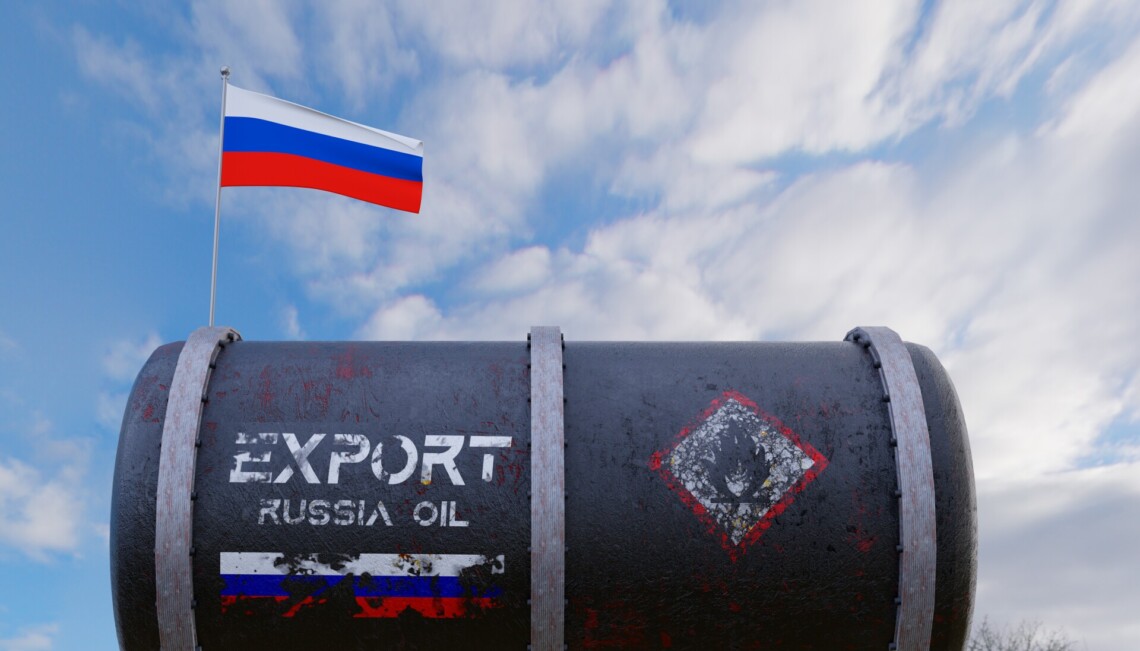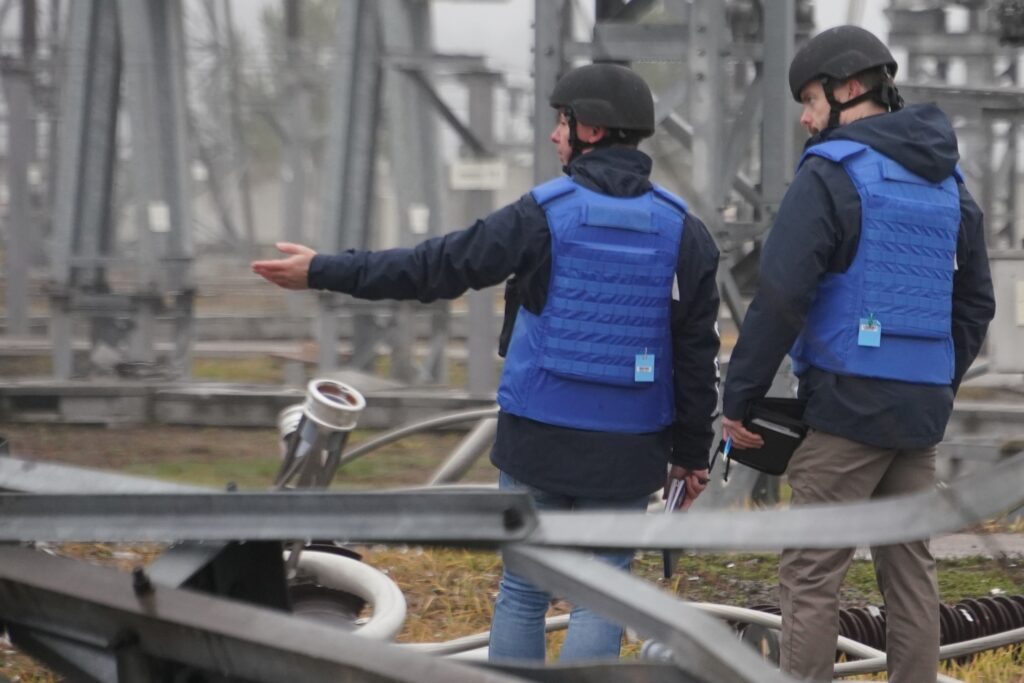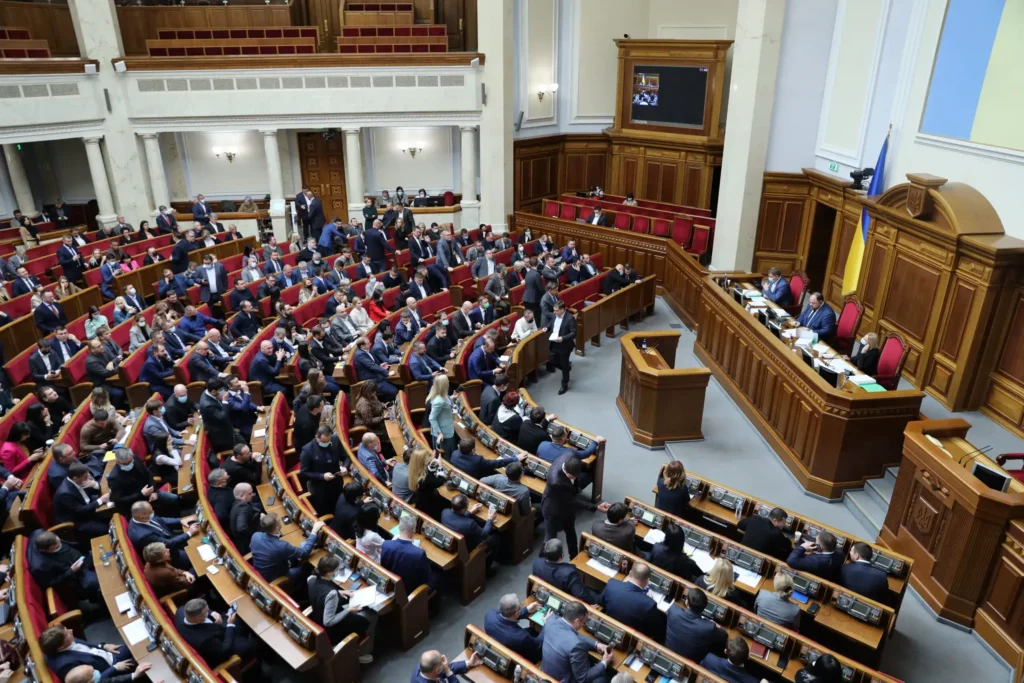Trump’s sanctions hit Russian oil: Iraq cancels Lukoil shipments, but the real blow is ahead
7 November 2025 12:59 ANALYSIS
ANALYSIS Iraq cancels oil shipments to Lukoil, and the G7 is preparing to impose new price restrictions. The world is gradually cutting off Russia’s main source of income – energy exports.
When will Trump’s sanctions strategy start to hit Moscow’s budget hard? And how are Iraqi decisions, new G7 limits and US sanctions forming an oil front against Russia? Read in the article
Iraq’s state-owned Somo has canceled the shipment of three shipments of oil produced by Russia’s Lukoil at the West Qurna-2 field, Reuters reports. These are the first signs that the new US and UK sanctions against Russia’s energy sector are beginning to have a tangible effect.
“Lukoil, which has been subject to blocking sanctions, has a 75% stake in a powerful Iraqi field that produces about 480,000 barrels of oil per day. The rest belongs to the Iraqi North Oil Company.
Energy expert Sergiy Dyachenko in an exclusive commentary
“Look, the sanctions will really hit Russia in about six months from the moment Trump imposed sanctions on Rosneft and oil companies. That is, there is a backlash due to the mechanism of work – there will be a backlash for six months. The real impact of these sanctions will be in six months or so,” Dyachenko said.
According to Dyachenko, the market is currently reacting mainly financially, through falling stocks and futures fluctuations, but the real shortage of Russian oil will be felt later.
“Futures contracts are still working now, old contracts. It has already begun, because the stocks have already fallen, all this reaction. And in the real sector, the shortage from the reduction in oil exports will begin in six months at the most,” he explains.
Stopping Iraqi shipments is only the beginning. If international partners continue to adhere to the sanctions policy, Russia may lose a significant portion of foreign exchange earnings from energy exports, which form the basis of its budget.
Thus, the sanctions strategy of the Donald Trump administration has a chance to deal a significant economic blow to Moscow in the first half of next year, when old contracts expire and access to international markets is limited.
G7 is preparing a double blow to Russian oil
The Group of Seven (G7) coalition plans to impose two new price restrictions on Russian oil products starting in February. One of them will apply to products that are sold at a higher price than crude oil (such as diesel fuel and kerosene), and the other to cheaper oil products, including fuel oil.
According to Reuters, citing a G7 representative, starting February 5, the coalition will officially impose price restrictions on Russian oil products to reduce Moscow’s energy export revenues and weaken its ability to finance its war against Ukraine.
The coalition includes Australia, Canada, Japan, the United States, and 27 European Union countries. Earlier, on December 5, 2022, they set a ceiling price for Russian oil at $60 per barrel, complementing this with an embargo on maritime imports to the EU.
At the same time, the introduction of a limit for oil products is a much more difficult task than for crude oil. The G7 representative explained that the cost of such products often depends on the place of sale, not just the place of production.
“Diesel fuel and kerosene are usually traded at a premium to crude oil, while fuel oil is sold at a discount. That is why the G7 is considering two price caps,” the official told Reuters.
Despite the tough sanctions target, the coalition countries are seeking to avoid energy shocks and prevent price increases for their own consumers.
Thus, in the spring of 2026, Russia may face a new wave of financial pressure when price caps on its oil products come into full effect, reducing key budget revenues from energy exports









